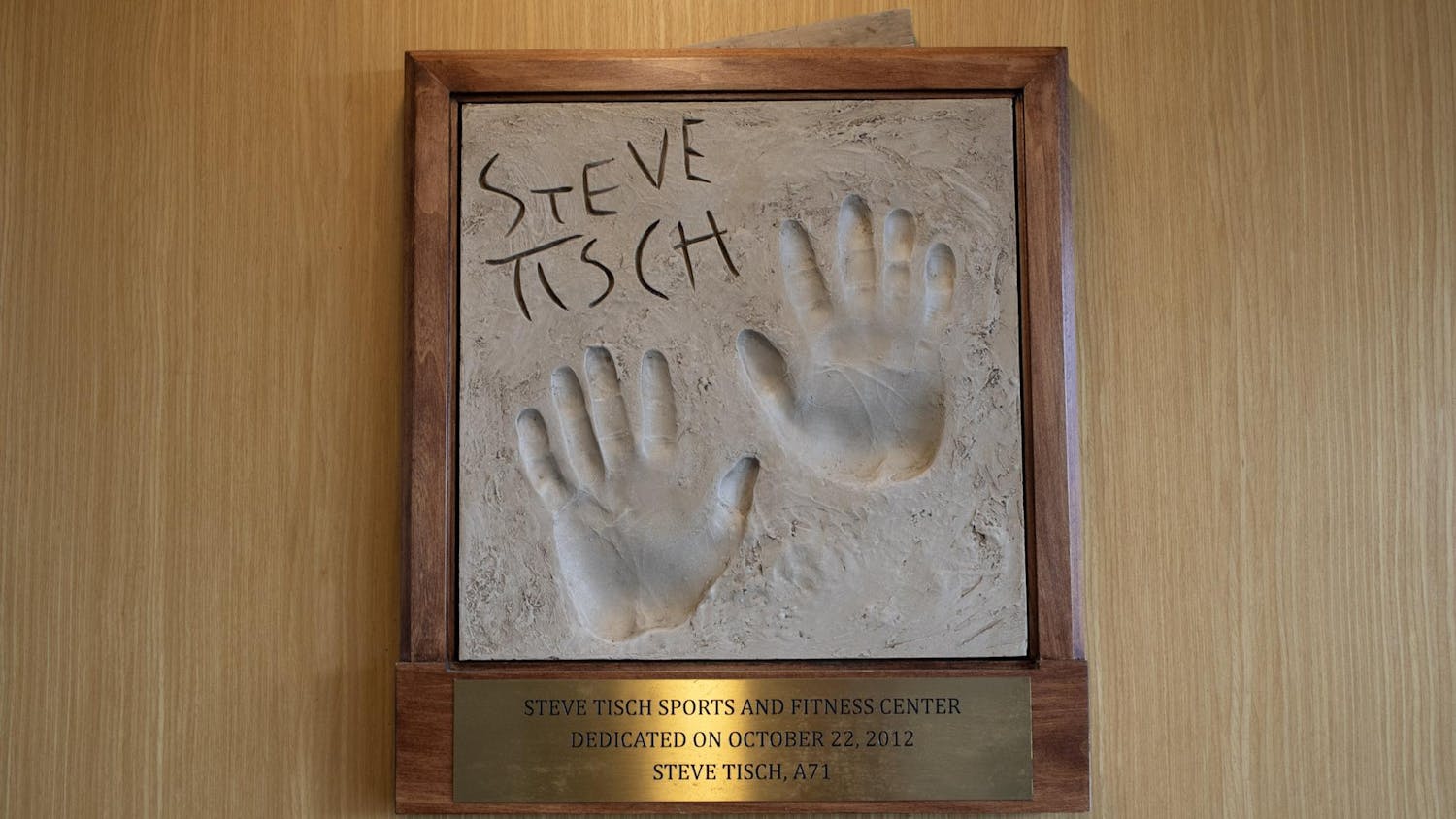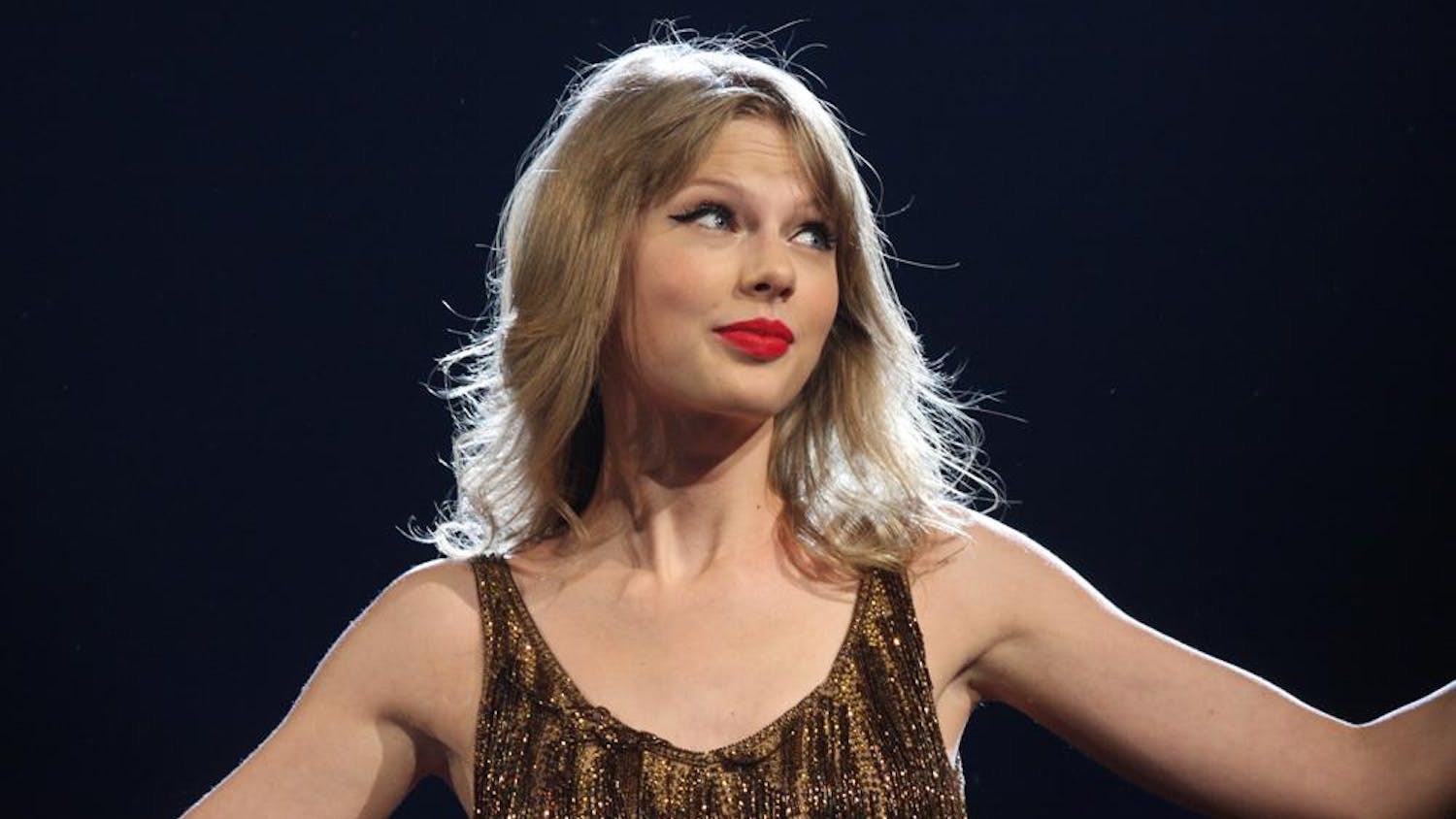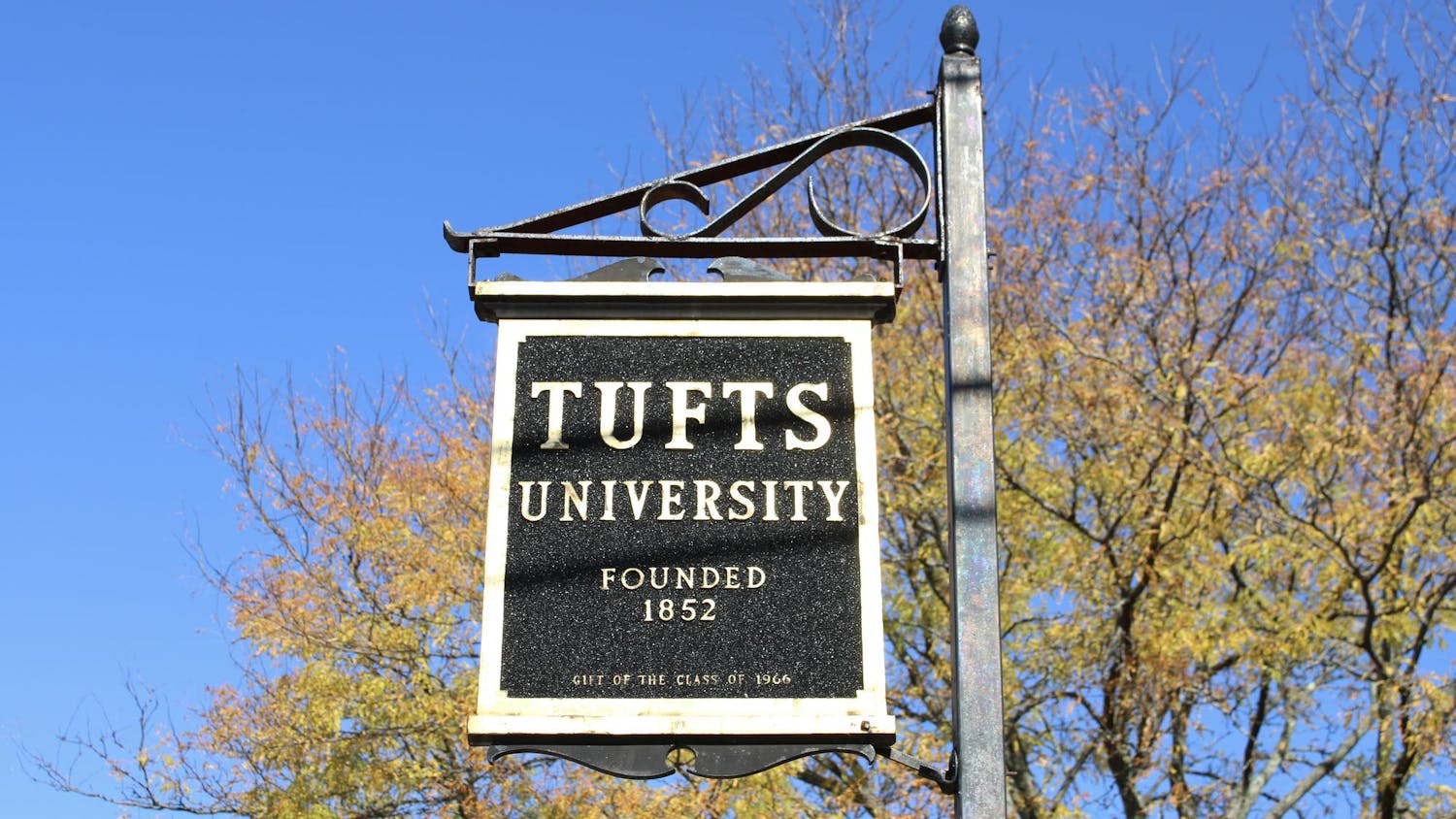Content warning: This article discusses sexual violence.
I was raped by a fellow protester one year ago during Tufts Housing League’s Tier Town protest. Although several bystanders witnessed it, including protest marshals, they left me alone when I most needed them.
In the months that followed, my rapist and her enablers constructed a narrative that it was my fault for“sending mixed signals.”She insisted that I date her, isolated me from my friends and wouldn’t let me talk to anyone else about it. She made violence seem almost normal.
I was lucky that a few of my comrades intervened to remove me from that abusive relationship and help me set boundaries. I am thankful for their support. I cannot say the same for the rest of the student-activist community.
When I painted the cannon, wrote posts and op-eds, and read my narrative at It Happens Here, student-activists listened and praised my work.They acted as if they believed me. But as soon as I named my rapist and urged action, they turned their backs on me. They should have supported me, but instead, they enabled her.
One student-activist described my rapist’s reaction to running into me as traumatizing and claimed that I had caused her “repercussive social trauma.”They gave me a detailed explanation of my rapist’s excuses, twisted social justice values to blame me and argued that she and others should not face consequences for their actions because they are marginalized. Their version of community meant believing their “chosen family,” abandoning me in favor of my rapist.
Another implied that I was perpetuating the caricature of the predatory trans woman, an especially disturbing accusation since it was her choice to abuse and assault several trans and non-binary students. They said I was “hurting the movement,” but it is rapists, and their enablers, who hurt the movement.
They minimized what happened, called it “interpersonal beef” rather than recognize that their inaction and enabling allows sexual violence to happen. It speaks to the cowardice of this culture that none of the many bystanders intervened when they witnessed her rape me.
Because student-activists choose rapists over survivors, I and many others had to turn to the Office of Equal Opportunity (OEO). Despite reassurances from OEO that they’re doing everything they can, I never feel safe on campus.
Activists discourage survivors from seeking accountability through courts or police, arguing that these institutions of retributive justice are often racist and against our values. Student-activists oppose turning to police or Tufts, labeling them as part of the carceral state.
I believe in the abolition of prisons and police. I also believe in the necessity of Title IX, which allows us to seek justice within the university instead of through carceral systems. If we want to achieve any sort of justice without turning to courts or police, we have to first build communities where rape and abuse are not accepted. Instead, Tufts student-activists enabled abusers and denied survivors justice.
Tufts student-activists only care about survivors whose perpetrators are outside the activist community.
It is easy for activists to blame Tufts’ rape culture on men in privileged spaces, characterizing Greek life as "a culture that propagates violence, that enforces rape culture" and sexual violence as "the type of behavior that is often synonymous with fraternities." But we must not forget that sexual violence happens in our spaces as well.
The belief that sexual violence is only inflicted by men against women, which I frequently encounter among activists, is a dangerous assumption. It silences non-female survivors, like me, and allows non-male perpetrators to avoid accountability. Anyone can be a perpetrator, regardless of identity.
My rape might not have happened had student-activists trained their marshals in bystander intervention. The harm done could have been reduced. This can end. But every day, we choose otherwise.
The Tufts activist community is responsible for the harm it inflicts on survivors, for both the initial acts of violence and how it fails us afterward. Survivors came forward with our stories and calls to action in private discussions, to no avail.
I wish there was another way.
I am not eager to relive the worst night of my life in print. But your inaction has made it necessary. We must hold the student-activist community accountable for enabling sexual violence.
I am glad to see that some student-activists have taken steps toward addressing this through Green Dot trainings,Action for Sexual Assault Prevention (ASAP) workshops and drafting codes of conduct. But one-time actions are not enough. Meetings attended by a mere fraction of activists are not enough, and discussing sexual violence as a hypothetical or a social issue instead of a reality is theatrics.
When it comes to intra-community sexual violence, student-activists’ commitments to center marginalized voices and oppose injustice are only performative. Although many student-activists understand that neutrality means "[choosing] the side of the oppressor," they attempt neutrality in situations of sexual violence, causing further harm. Even though my rapist admitted responsibility, and many other survivors came forward with their stories of sexual violence and showed how the community was complicit, student-activists continue to enable rapists.
Student-activists ask how I’m doing, if I’m okay, if I’m practicing self-care. I am.I’ve gone to great lengths to create spaces where I feel less unsafe. But self-care can only do so much in the face of a hostile community. On this campus, avoiding retraumatization is impossible.
The pain is still fresh. I can’t shake the feeling of her hands on my body. The cold Boston winter feels the same as that night. I see the tent city every time I walk by the Cannon. I go about my day terrified I might run into her or one of her enablers. Even though she graduated, she still lives just across the street from campus.
I never feel safe here.
I especially don’t feel safe in my own queer and activist communities. I spent a long time afraid of my own sexuality, now forever associated with her violence.
I know I am not alone, and that scares me. I know of at least three others who she has assaulted or abused, and I know of many other survivors raped by other activists, many of whom were leaders in campus groups. I know that she and others will continue to commit sexual violence.
Sexual violence will continue to destroy our communities unless we all work to change the culture. We must actively support survivors and pressure others to do the same. That means believing survivors when we disclose to you. That means recognizing that perpetrators can be anyone, including your friends. That means working to change the culture that permits sexual violence. That means holding ourselves to the same standards we want for Greek life and athletics. That means Green Dot trainings and ASAP workshops. That means centering survivors and taking action to restore safety.
We must all act to end sexual violence. Although no one-size-fits-all solution exists, that is no excuse for avoiding action. Show me what change looks like in your community.
More from The Tufts Daily





